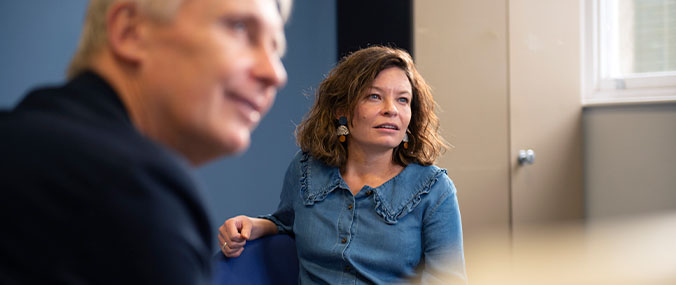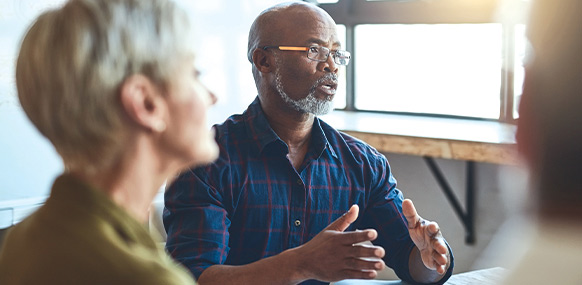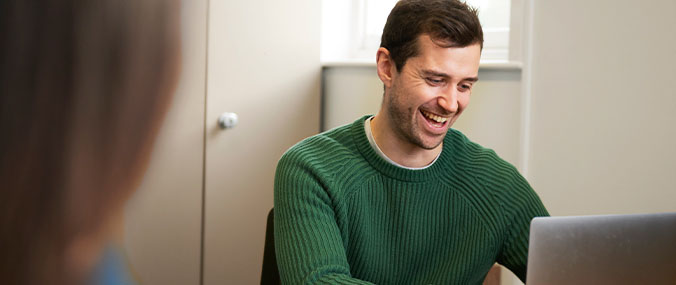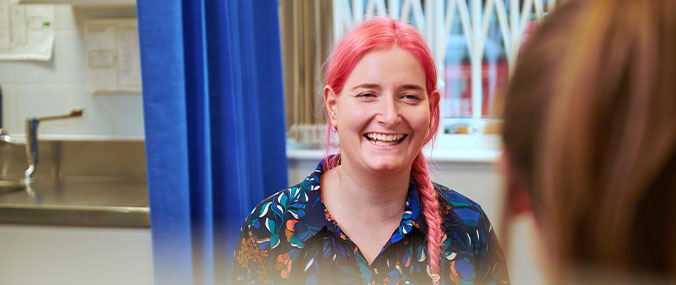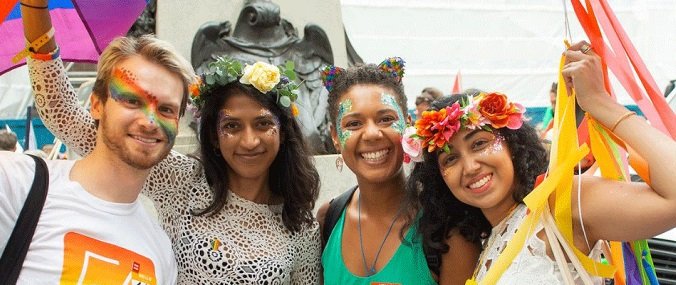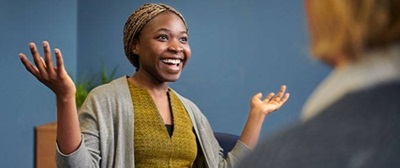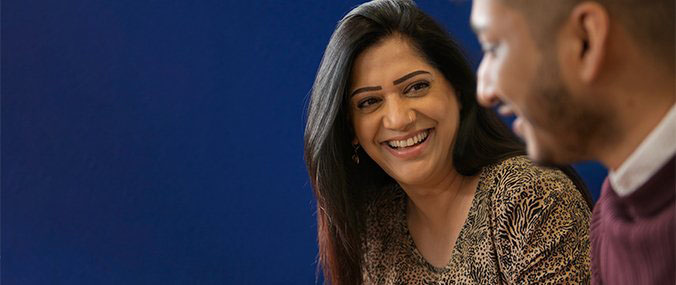- BMA 24/7 helpline - call 0330 123 1245
- Practitioner Health Programme - text NHSPH to 85258
- Samaritans - call 116 223.
- GMC support
GMC information and advice for doctors who have concerns about their own health. - Guides and resources for doctors who receive a complaint
NHS Practitioner Health guidance for doctors facing a complaint - Mental health toolkits
Practical advice and tips to support better mental health. - You Okay, Doc?
Mental health and wellbeing support for doctors. - Second victim support
Guidance to help with the impact of patient safety incidents. - National GP Retention Scheme
Financial and educational support to help doctors, who might otherwise leave the profession, remain in clinical general practice. - Doctors in Distress
An independent UK charity which aims to protect mental health and prevent suicide in healthcare workers.
Local support
Contact your local RCGP faculty who will be able to offer localised support and advice, alongside running wellbeing events across the UK. Faculty-led wellbeing initiatives are signposted below.
- North East England GP Friend Service
Our North East England Faculty offers a GP Friend service designed to provide a listening ear and guidance when needed. If you have concerns or simply need someone to talk to, you can contact the Faculty via email. A board GP from the Faculty will arrange a call with you offering a supporting chat or helping you find appropriate resources to address
Tips to improve your wellbeing as a GP
You will care for thousands of patients over your career, but how often do you take time to care for you? It’s really important to focus on your own wellbeing. If your health and happiness are suffering, then you won’t get the best out of yourself, and neither will your patients.
Everyone has their own interests, hobbies, activities, and ‘go to’ people to help in times of need. It's important to keep these going, and keep your support network strong. Your future self will thank you for it! Here are some tips to help you make sure you’re looking after yourself.
Connecting with others, and building good relationships, are important for your wellbeing. They help you to build a sense of belonging and self-worth, allow you to share positive experiences, provide emotional support and allow you to support others.
RCGP gives you the opportunity to connect with a diverse membership community who have similar needs and interests. This network can provide support and advice wherever you are in your career and wherever you're located. To support your health and wellbeing, consider fostering local connections through your local faculty, connect online with our members' forum, or learn from others using our mentoring platform.
Paying more attention to the present moment can improve your wellbeing. Sometimes known as mindfulness, it can help you appreciate what you have, allow you to enjoy life more, and understand yourself better. It can positively change the way you feel about things, and how you approach challenges and opportunities. Allowing yourself time in your day, or at least your week, to pause and reflect on how you feel is important.
Learning new skills can boost self-confidence and raise self-esteem, help you to build a sense of purpose, and enable you to connect with others. Learning new things can be enjoyable and improve your confidence. RCGP offers a wide range of learning opportunities to help you invest in your own personal growth and development. This also doesn’t have to be related to work, with several opportunities available to learn new skills and experiences outside general practice. Learning more about yourself, is just as important to help you thrive in your role.
Being active is not only great for your physical health, but evidence also shows it can improve your mental wellbeing by raising your self-esteem, positively changing your mood, and helping you to set goals and routine. Why not find a physical activity that you enjoy and that suits you. Regular physical activity is associated with lower rates of depression and anxiety.
Our Physical Activity and Lifestyle hub has advice on developing an active culture in your workplace. Have you considered joining the growing community of practices that now proudly call themselves an Active Practice? Joining the network of over 1,600 parkrun practices will get you most of the way there, as well as connecting you to a thriving local community where enhancing peoples’ health, happiness and fitness is at the forefront.
#DoingOurBit is a platform of over 50 free workouts for NHS staff.
Becoming an Active Practice is a great way to embed wellbeing into your practice. Even modest changes can have a hugely beneficial health and wellbeing impact on you, your practice team as well as your patient - as we have heard from practices across the UK who have signed up to the Charter.
Clarendon Lodge Medical Practice's story
Acts of giving and kindness can help improve your mental wellbeing by positive feelings, purpose, and self-worth. Giving back can also help you connect with others and build a sense of community. Why not try saying thank you to someone for something they have done for you. Spend time with friends or relatives who need support or company. Offer to help someone you know with DIY or a work-related project. Or perhaps consider volunteering in your community. All these suggestions can contribute to positive mental wellbeing.
Thank you for your feedback. Your response will help improve this page.
